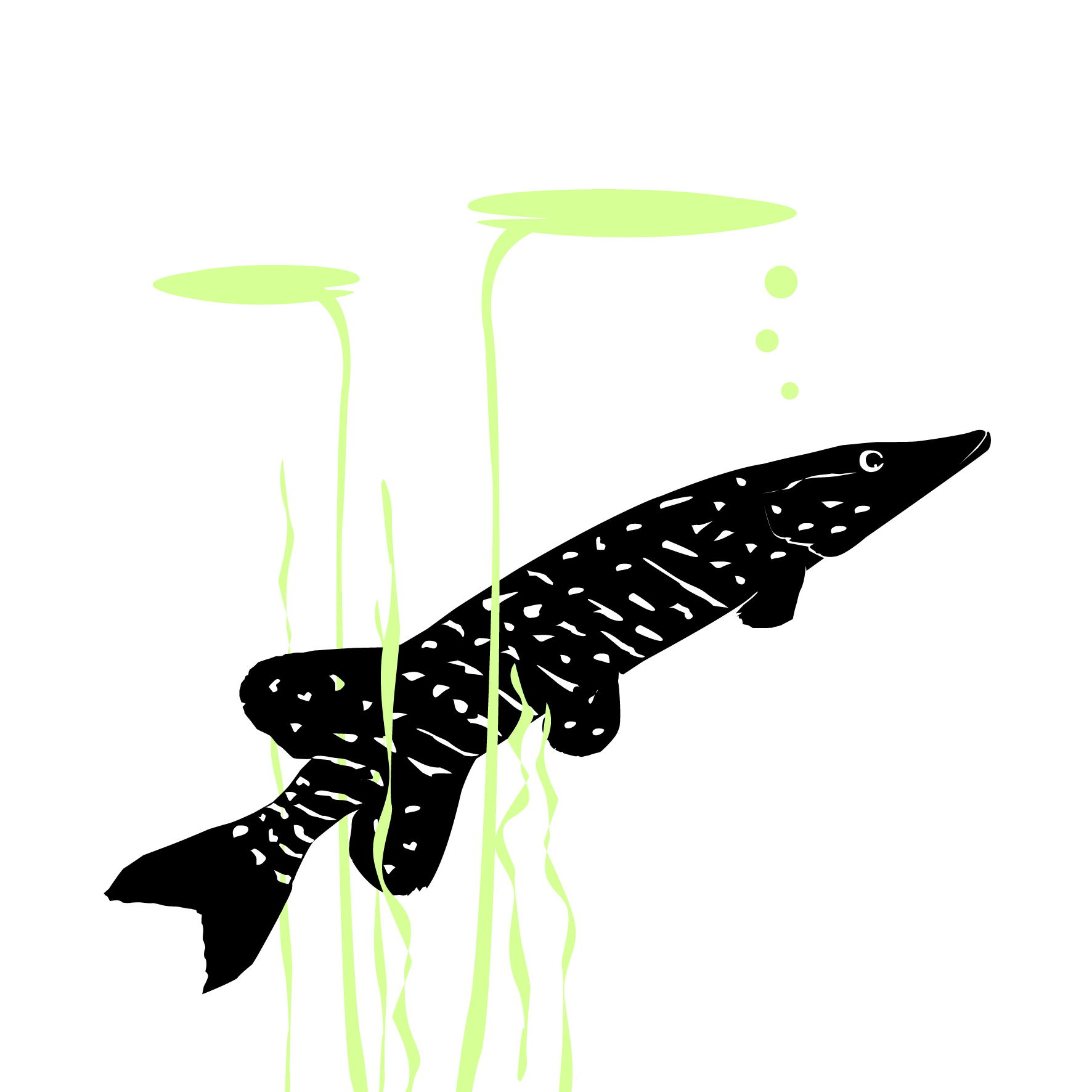Sustainable use of aquatic resources
The Department of Aquatic Resources (SLU Aqua) study the dynamics of aquatic ecosystems and how they are affected by environment and human activity. We monitor and assess seas, coastal waters, lakes and watercourses, conduct research with a focus on fish and shellfish and support society with expert advice. Our knowledge contributes to a more sustainable use and management of our aquatic resources.

For viable fish stocks in healthy waters
SLU Aqua is characterized by intensive dialogue and collaboration with public authorities, organisations, industry and academia. This creates a vital research environment and gives us unique opportunities to develop knowledge with high societal impact. If you want to collaborate with us, please get in touch.
With over 230 employees, we are one of SLU's largest departments. Our head office is in Uppsala and our three main locations are in Lysekil, Öregrund and Stockholm (Drottningholm). We also have three field stations in Älvkarleby, Väröbacka and Simpevarp.
We bring together people with different perspectives but with one vision: “viable fish stocks in healthy waters”. Do you also want to help create the conditions for a sustainable, vibrant and better world? Find current vacancies at the Department of Aquatic Resources.
Learn more about us
Watch a video about SLU Aqua.
Visit SLU Play to see more videos from SLU Aqua.



